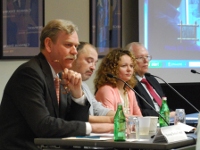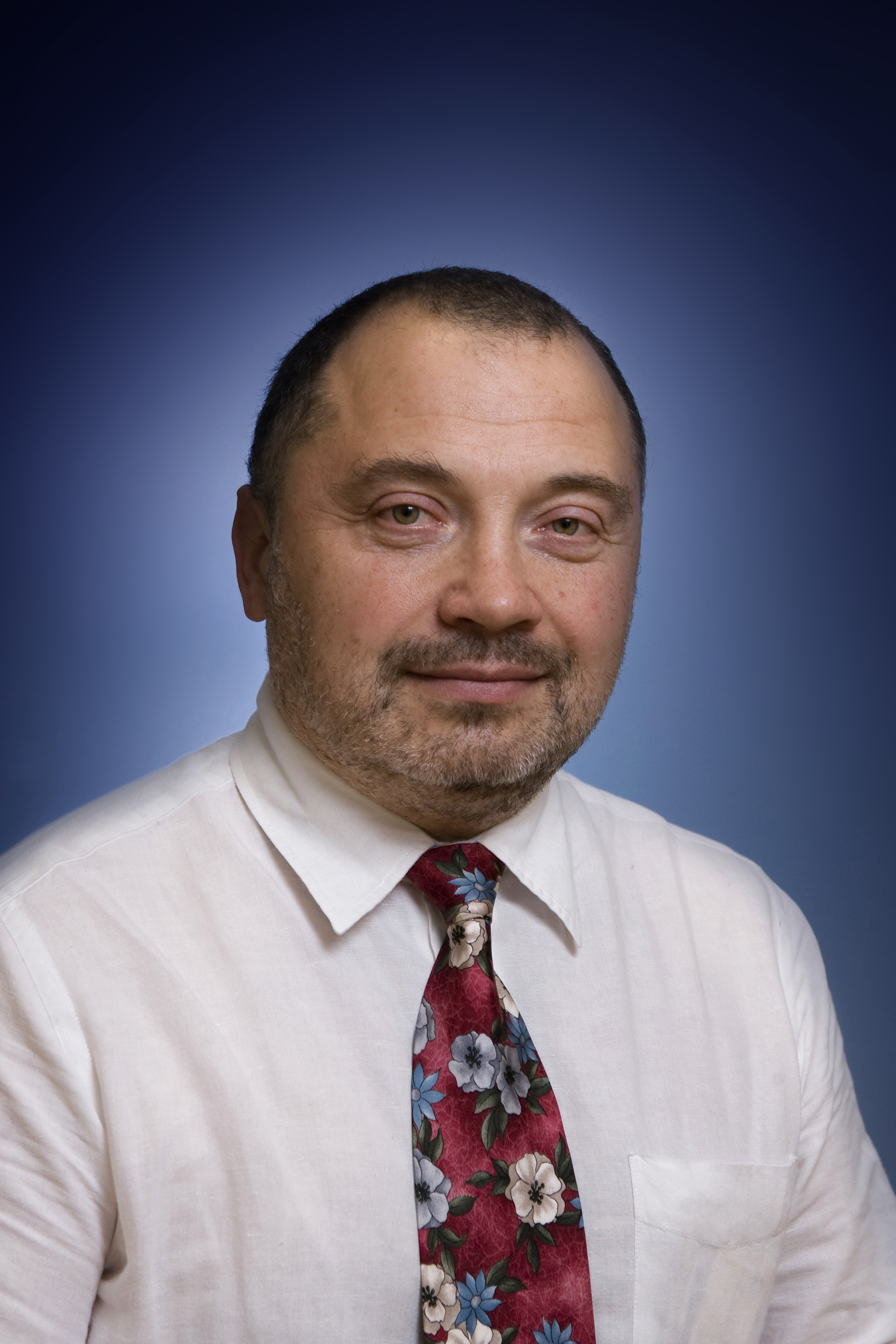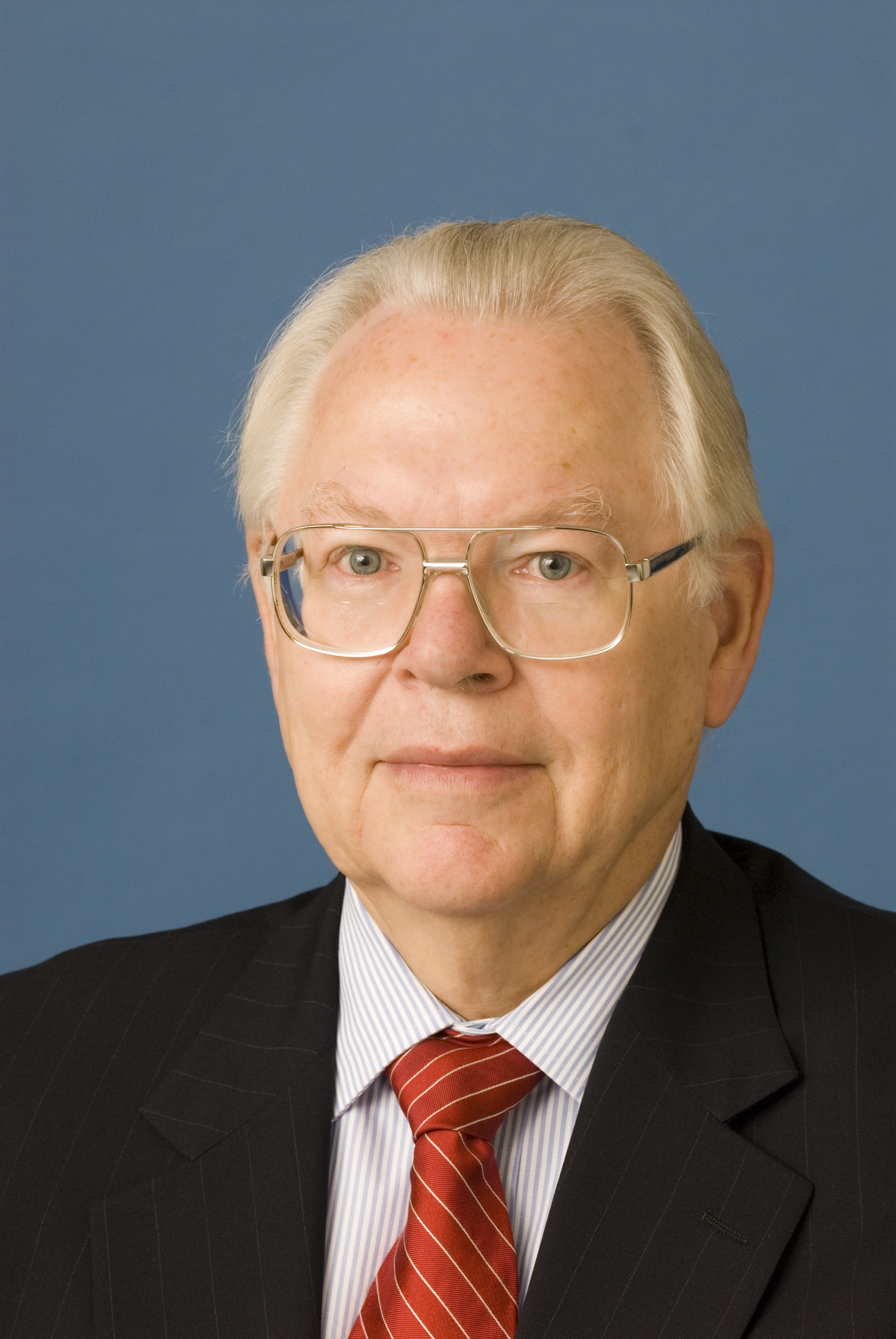{
"authors": [
"Horton Beebe-Center",
"Maria Eismont",
"Nikolay Petrov",
"James F. Collins"
],
"type": "event",
"centerAffiliationAll": "dc",
"centers": [
"Carnegie Endowment for International Peace",
"Carnegie Russia Eurasia Center"
],
"collections": [],
"englishNewsletterAll": "",
"nonEnglishNewsletterAll": "",
"primaryCenter": "Carnegie Endowment for International Peace",
"programAffiliation": "russia",
"programs": [
"Russia and Eurasia"
],
"projects": [],
"regions": [
"Caucasus",
"Russia"
],
"topics": [
"Political Reform",
"Democracy",
"Economy",
"Domestic Politics"
]
}
Civil Society in Russia: How Managed Democracy Misfires
Tue, March 2nd, 2010
Washington, D.C.
IMGXYZ2402IMGZYXIn March 2009, the small town of Krasnoturinsk voted for a new mayor. The incumbent had been in power for twenty years and was a member of the powerful United Russia party. When the votes were tallied, however, the mayor had lost his job to a new and nearly unknown candidate.
The New Eurasia Foundation’s Maria Eismont saw this small town election as demonstrative of the larger power of Russian civil society. Along with Charles Maynes and Andrei Babaev, she made a documentary about the March election, entitled How Krasnoturinsk Elected a Mayor. The Carnegie Endowment for International Peace hosted a screening of this film, followed by a panel discussion with Horton Beebe-Center of the Eurasia Foundation and Carnegie Moscow’s Nikolai Petrov. Carnegie’s Ambassador James Collins moderated.
Beebe-Center explained that the story of Krasnoturinsk’s elections was particularly compelling to the Eurasia Foundation, whose mission is to “promote prosperity and stability throughout the region by helping to build the institutions of open, pluralistic and entrepreneurial societies.” The elections in Krasnoturinsk yielded tangible results and changed the direction of economic and political development for the whole town.
Eismont argued that the film contradicts the oversimplified image many have of Russia as a completely authoritarian, undemocratic state. The goal of the film was not to explain the results of the elections, but rather to offer Krasnoturinsk as an example of the power of an active civil society. She told this surprising story through the voices of those who were involved, some of whom risked their jobs, businesses, and reputations to support a new and unknown candidate.
Petrov used the example of Krasnoturinsk to consider the state of the most recent two regional elections, and offer some predictions for the upcoming elections:
- Petrov suggested that the March 2009 elections were the best elections in recent Russian history. This is partly due to the economic crisis, which led the Kremlin to adopt a different, more sophisticated electoral model and to soften some of the election procedures in the regions. These changes enabled the replacement of incumbents, such as in Sverdlovsk region where nine out of sixteen municipal heads lost their positions in what is being called a “municipal revolution.”
- The economic crisis, Petrov said, made people more inclined to vote for any candidate opposed to the incumbent, regardless of political party affiliation. The mere fact that a candidate was in the opposition made him appealing. In Krasnoturinsk, the twenty-year tenure of the incumbent made the idea of change even more attractive.
- The elections held in October 2009, however, were markedly different from the ones held only nine months before. Petrov described widespread scandal as fraud. He cited as such elections including those in Astrahan region, where criminal or semi-criminal groups were involved, and the elections in Derbent, where clan rivalries bested democratic ideals.
- Petrov concluded with a reminder that Russia is on the eve of a new regional election. He asserted that the upcoming March 14 elections will be very important, due to the change in the public opinion following the scandals connected with the fall 2009 elections. He noted the recent large anti-government protests across Russia as evidence of the potential for change.
For Petrov, the elections in Krasnoturinsk show that “there is a pretty active civil society and, in conditions like those in Krasnoturinsk, it can easily show itself and lead to a failure of the administrative political machine.”
Carnegie does not take institutional positions on public policy issues; the views represented herein are those of the author(s) and do not necessarily reflect the views of Carnegie, its staff, or its trustees.
Event Speakers
Horton Beebe-Center
Maria Eismont
Nikolay Petrov was the chair of the Carnegie Moscow Center’s Society and Regions Program. Until 2006, he also worked at the Institute of Geography at the Russian Academy of Sciences, where he started to work in 1982.

